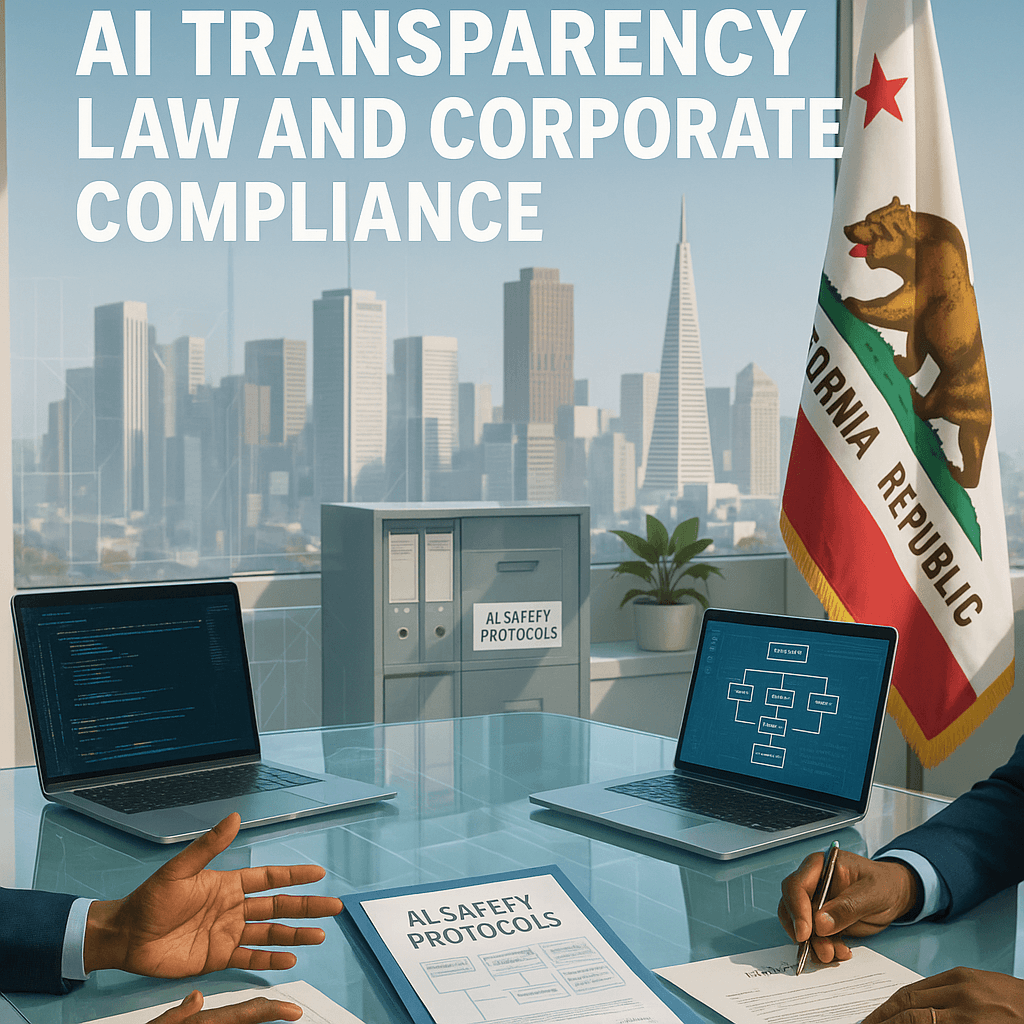California just became the first state to force AI companies to open their safety playbooks. Governor Gavin Newsom signed SB 53 into law this week, requiring AI giants like OpenAI and Anthropic to publicly disclose their safety protocols and stick to them. The move marks a dramatic shift in AI regulation, coming just a year after Newsom vetoed the more controversial SB 1047 bill that would have imposed liability on AI companies. Now other states are watching to see if they'll follow California's lead.
The AI industry just got its first real transparency mandate, and it's coming from where you'd expect - California. Governor Gavin Newsom signed SB 53 into law this week, making California the first state to require major AI companies to disclose their safety protocols and actually follow through on them. The decision has OpenAI, Anthropic, and other AI giants scrambling to figure out what this means for their operations.
Unlike last year's controversial SB 1047 bill that Newsom vetoed, SB 53 takes what Adam Billen from Encode AI calls a "transparency without liability" approach. Speaking on TechCrunch's Equity podcast, Billen explained that the new law focuses on disclosure rather than punishment. "Companies have to tell us what their safety measures are, but they won't face legal liability if something goes wrong," he said.
The timing couldn't be more critical. As AI models become more powerful and widespread, safety concerns have reached a fever pitch among regulators, researchers, and the public. The difference between SB 53's success and SB 1047's failure comes down to political pragmatism. Where SB 1047 would have held companies legally liable for AI safety failures - sparking fierce industry opposition - SB 53 focuses on transparency and reporting requirements.
Here's what the law actually requires: AI companies operating in California must publicly disclose their safety protocols, implement whistleblower protections for employees who report safety concerns, and file incident reports when things go wrong. It's not the sweeping liability framework that AI safety advocates originally wanted, but it's a foot in the door for regulation.
The industry reaction has been notably muted compared to the uproar over SB 1047. That bill drew opposition from major tech companies, Y Combinator, and even some Democratic politicians who worried about stifling innovation. Meta, Google, and others argued that federal regulation made more sense than state-by-state approaches.












